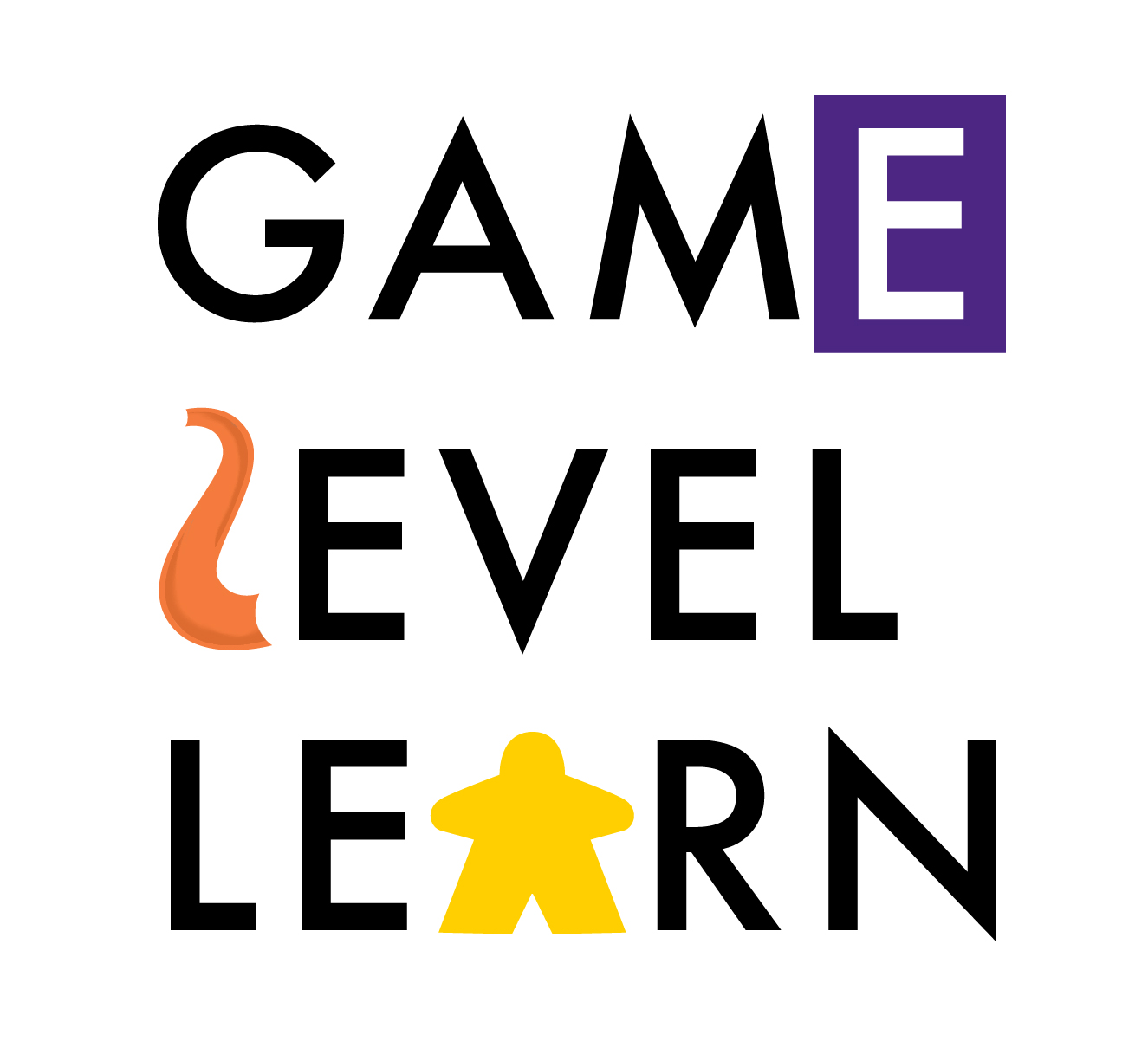Gamification Level 0: Getting Started
/Gamification and game-based learning are two terms that are often used interchangeably, but that actually refer to different educational strategies.
Game-based learning: using games in the classroom
Examples: playing a Kahoot review game, playing Pandemic to model the spread of disease
Gamification: using game mechanics to serve your learning objectives
Examples: a tutorial quest designed to introduce students to class expectations and procedures, a chemistry unit where students play as a group of modern scientists and work together to defeat the evil Alchemist by using their stoichiometry skills
Both are valuable strategies for educators, but this series of posts will focus on gamification. (For more on game-based learning check out the Game section of Game, Level, Learn.)
So...Where Do We Start?
Here are some suggestions to get you started on your gamification adventure.
Read.
Reality Is Broken: Why Games Make Us Better and How They Can Change the World by Jane McGonigal
A great introduction to gamification. McGonigal introduces us to the power of games and gaming communities and shares how we might use games in a variety of endeavours.
Level Up Your Classroom: The Quest to Gamify Your Lessons and Engage Your Students by Jonathan Cassie
A learning guide to using gamification in education - fun and practical!
Play all the games!! (Ok, play some games.)
Need some specific suggestions? Check out this podcast where Jon and I discuss our top ten games for educators!
Board games
Try to play a variety of games that have different game mechanics:
Deck builder (Example: Dominion)
Using the value of cards in a simple starting deck, players buy more advanced cards to level up their deck. Collection, customization and replayability make Dominion a great intro deck builder.
Worker placement (Example: Lords of Waterdeep)
As a Lord of Waterdeep you must use your agents to assemble teams of adventurers. Your teams complete quests that result in treasure and power as you try to gain more control of the city. In order to accomplish game objectives you have to place “workers” at various locations on the board. Often, there is a limit to the number of workers that can occupy a location simultaneously.
Hidden movement (Example: Letters from Whitechapel)
Hidden movement games usually pit one player against another player or against a team of players. One player moves around the board secretly while the others try to determine her location. A colleague and I recently used this mechanism to design a quick educational game about Ebola!
Pattern recognition (Example: Zendo)
The scientific method made easily accessible. Zendo asks players to determine a universal rule by building structures out of different colored plastic pyramids. A rule master identifies whether each structure obeys the universal rule. Pattern recognition is an important skill for learning, especially in the sciences; Zendo lets students explore the skill and may inspire teachers to create their own content-specific version.
Tableau building (Example: 7 Wonders)
To be fair, 7 Wonders is more than just a tableau builder. But it was the first game that I played that had the tableau mechanism and it’s still one of my favorites. Each player controls an ancient wonder (Giza, Rhodes, Alexandria, etc.) and uses cards to build a tableau that represents their empire. Is your empire focused on its military or on scientific endeavours? There are about a million ways to earn victory points and a lot of tough decisions to be made. It can be tricky to get the hang of 7 Wonders; play this one more than once!
The list goes on and on. The more mechanics you have experience with, the more tools you will have for classroom use.
MMO
Massively Multiplayer Online! (If you’re unfamiliar, think: World of Warcraft.) There are a lot of different MMOs out there and a number of them are free to play. Pick something that appeals to you and play long enough to level up a few times. At their heart, MMOs are rich learning communities that encourage players to work together to accomplish challenging, complicated goals. There is an enormous amount of new information to learn and new skills to practice as you level up your character, but it never feels unmanageable or boring. Dungeons and Dragons Online (DDO) has a good amount of free content. Send me an email; I’d be happy to show you around!
Role Playing
Don’t get me wrong, Dungeons and Dragons is great, but there are a lot of role playing game options out there. Playing in a campaign is rewarding and fun, but also time consuming. Hit up a role playing night at a local game shop or library! Or try a shorter, lighter version like Fiasco if you can’t commit to regular play. My first experience with Fiasco found our group role-playing teenagers at High School High. Shenanigans quickly ensued as we attempted to resolve the crazy situations and relationships that we found ourselves in!
Escape!
I did my first escape room in 2015. We were trapped in a mad scientist’s lab and had 60 minutes to find the secret code to unlock the door. Though filled with wickedly clever puzzles and riddles, at their core, escape rooms challenge players to cooperate. There is much to do in 60 minutes so everyone has to contribute. Poor communication is a recipe for failure, but a team of people listening to each other and working together has an excellent chance to succeed.




